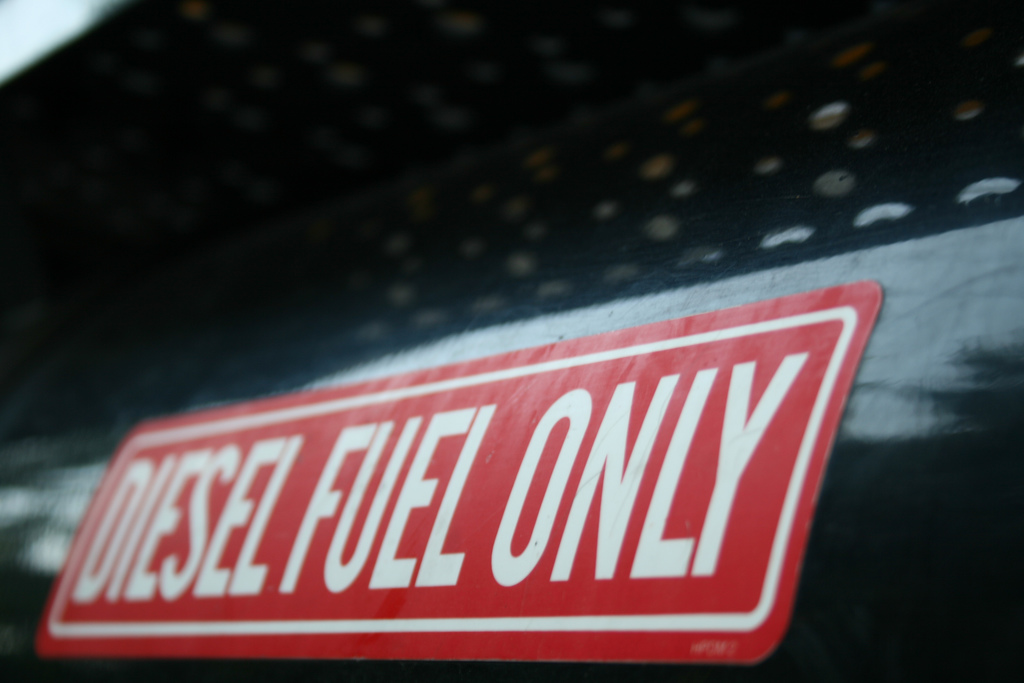Diesel Cars: Too Late for the US Market

Diesel. The word evokes memories of black soot shooting out of tail pipes. Or at least, that’s the diesel of yesteryear. The rush to produce more fuel frugal engines during the early 70s’ oil crisis led to a large numbers of premature engine failures and a lasting legacy for the diesel engines years after the oil embargo ended. The engines failed from poor lubrication, stress failures, and filtration systems that couldn’t handle potential water and unwanted particulates in the diesel fuel. Some owners and mechanics, confused by technical differences, did improper maintenance and repairs that also caused premature failures. Fortunately, those smelly and dirty memories of diesel are banished to the past with today’s modern diesel technologies like common-rail injection, advanced filtration systems, and consistent quality fuel. Manufacturers have also wised up to make owners prove proper lubrication and maintenance before honoring their warranty.
While diesel may be the lifeblood of commercial transport, consumers in the market for a passenger car have only a handful of choices, and only the VW lineup being affordable to a middle income family. The VW lineup of Golf, Jetta, Passat are available with the TDI (turbo direct injected) diesel engine. The mileage numbers are impressive, with the Jetta able to squeeze out 30 mpg in the city and 42 on the highway. Unfortunately for diesel fans, gas engines are undergoing a renaissance. Several new contenders in the sub-compact and compact segment are hitting 40 mpg highway, numbers previously reserved for diesels and hybrids. Hyundai alone promises 3 non-hybrid gas models that will join the 40 mpg club (2012 Accent, 2012 Elantra, and the upcoming Veloster). Chevy and Ford are both part of the 40 mpg club with the special edition Cruze Eco, and Focus SFE respectively.
Even with these impressive new choices, Chevy has confirmed that it will bring a diesel version of it’s bestselling Cruze stateside. There’s no official EPA mileage numbers for the Cruze diesel, but with the Eco already certified for 40 MPG, it’ll be difficult to differentiate the two models. It’s also likely that the diesel version will cost more than the Eco.
So a diesel passenger car costs more, isn’t more frugal at the pump, and doesn’t give perform better than it’s gasoline counterpart. Oh, it also sounds like a tractor. In the US market, the conditions just aren’t ripe for a diesel revolution. And with so many efficient choices from competitors, diesel cars will always be a niche segment.

